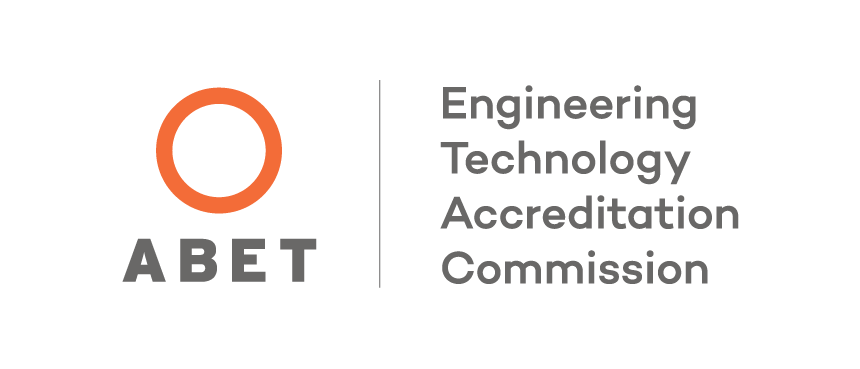- College of Engineering and Engineering Technology
- Academic Departments and Programs
- Engineering Technology
- B.S. in Engineering Technology

B.S. in Engineering Technology
Technology drives our world – and you can help lead the way. A bachelor's degree in engineering technology will give you a solid understanding of applied engineering and plenty of hands-on experience meeting the challenges of today’s companies. Anchored in real-world problem solving, you’ll learn how to analyze, develop and implement systems and practice teamwork and leadership skills, Our program prepares you to adapt and excel in an industry that is rapidly growing and constantly changing.
Emphases
Electrical Engineering Technology
Learn more about Electrical Engineering Technology emphases.
View requirements for Electrical Engineering Technology.
The electrical engineering technology program is accredited by the Engineering Technology Accreditation Commission of ABET under the commission's general criteria and program criteria for electrical engineering technology.
As the world becomes more wired, opportunities in electronics technology abound. In this program, you will learn about diverse fields in electronics and electrical design such as circuits, digital systems, communications, control systems and fiber optics. Many of our graduates work in the manufacturing industry, where they develop controls for automation, or the electronics industry, where they develop ways to test and improve state-of-the-art devices.
Mechatronics Engineering Technology
Learn more about Mechatronics Engineering Technology emphasis.
View requirements for Mechatronics Engineering Technology
Our region is rich in advanced manufacturing with processes running on automated systems that require a skilled workforce trained in applying knowledge of electrical, mechanical and programming to find innovative solutions to industrial challenges.
As industries are shifting to automation to run sophisticated processes, there is a growing demand for graduates in this field to continue this advancement.
Industrial and Production Engineering Technology
Learn more about Industrial Management and Technology emphasis.
View requirements for Industrial Management and Technology
Accredited by the Board of Accreditation of ATMAE.
This emphasis empowers students with a strong foundation in theory and its applications in the design, project management, operation and continuous improvement of production systems. It also prepares students with basic and advanced skills in computer-aided design, production automation, and fabrication to meet industry needs.
Environmental Health, Safety and Sustainability Engineering Technology
Learn more about Environmental Health, Safety and Sustainability Engineering Technology emphasis.
View requirements for Environmental Health, Safety and Sustainability Engineering Technology
The environmental health, safety and sustainability engineering technology program is accredited by the Engineering Technology Accreditation Commission of ABET under the commission’s general criteria and program criteria for energy and environmental engineering technology.
(Also accredited by the Board of Accreditation of ATMAE.)
Protecting people and the planet is at the heart of this course. This area of study combines knowledge from applied engineering, environmental science, engineering, health & safety protocols, and sustainability practices to address pressing global challenges like pollution, resource depletion, and the impacts of climate change.
Graduates of this field are prepared for roles where they can work in industries such as manufacturing, construction, energy, government agencies, healthcare, and consulting firms. They may be involved in tasks like constructing environmental impact assessments, ensuring workplace safety, developing sustainable business practices, and managing environmental health, safety, and sustainability compliance programs. NIU graduates hold local, national and global EHSS leadership positions.
This emphasis has two possible areas of concentration:
- Sustainability Concentration
- Environmental Health and Safety Concentration
Applied Manufacturing Technology
Learn more about Applied Manufacturing Technology emphasis.
View requirements for Applied Manufacturing Technology
Need to add an emphases description here.
Looking to Complete Your Degree or Transfer?
Already have your A.A.S. degree? Check out our online degree completion program (emphasis in applied manufacturing technology).
If you’ve earned a transfer degree (Associate in Arts, Associate in Science or Associate in Engineering Science) and have experience in the field, you might also qualify for this program. To find out if you're eligible, email technology@niu.edu or call 815-753-9928—we’re here to help.
Catalog Curriculum
Please note that your course requirements may be different than those listed in the current year's catalog. Be sure to refer to the archived catalogs for the year of your enrollment or check with your advisor.
- Engineering Technology
Contact Us
Department of Engineering Technology
Still Gym 203
Northern Illinois University
DeKalb, IL 60115
815-753-9928
815-753-3702 (Fax)

